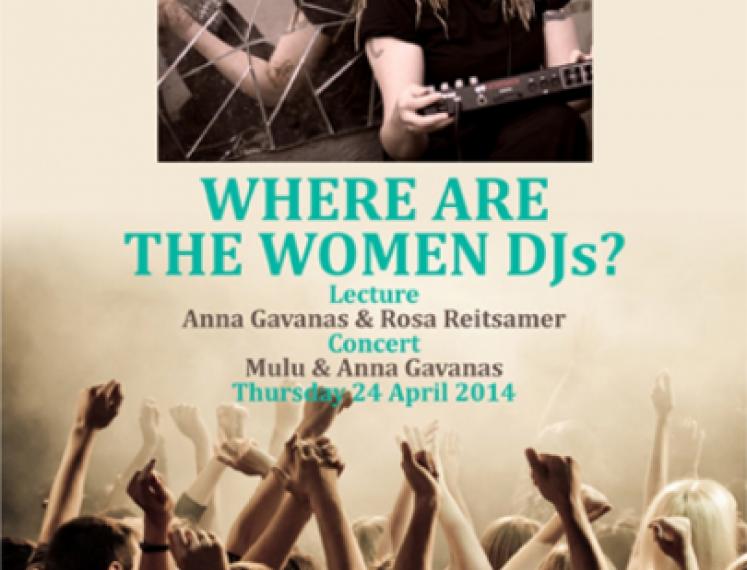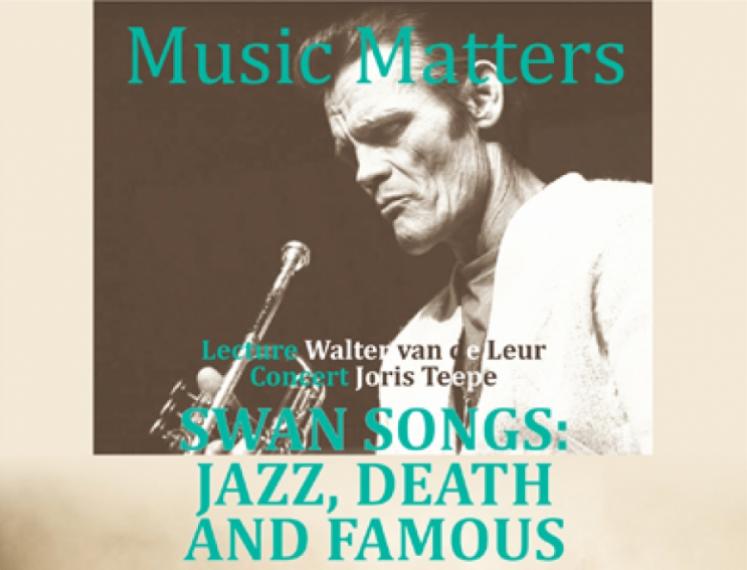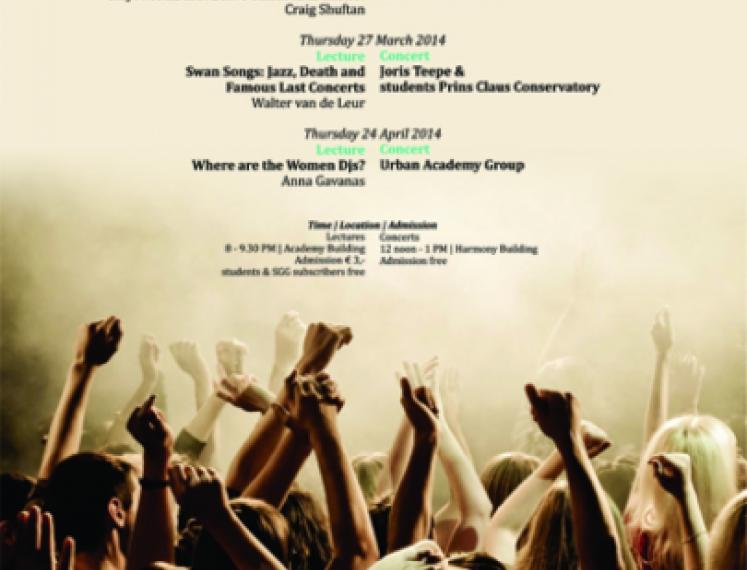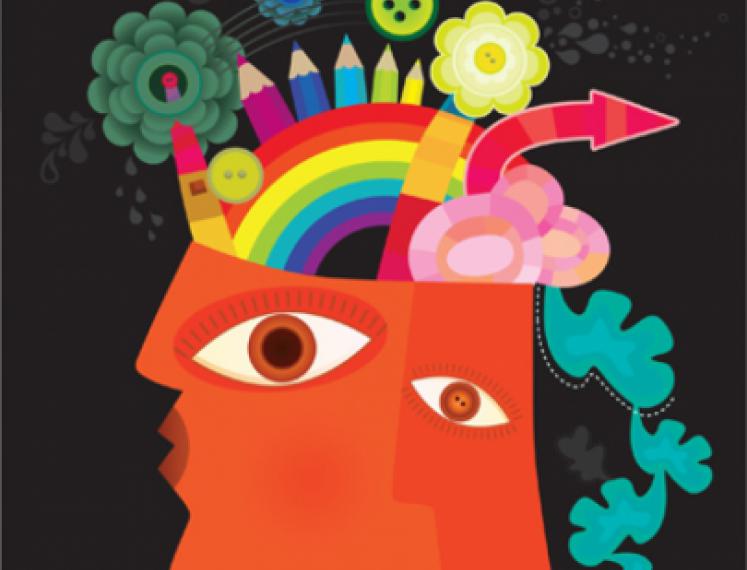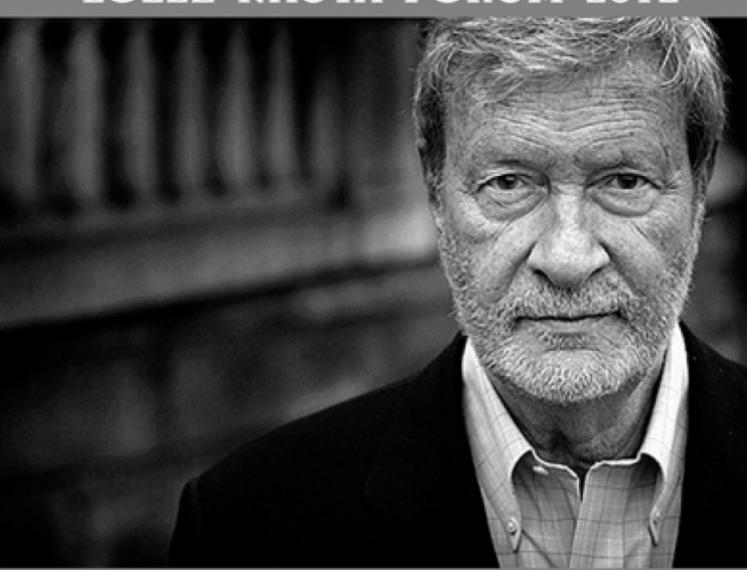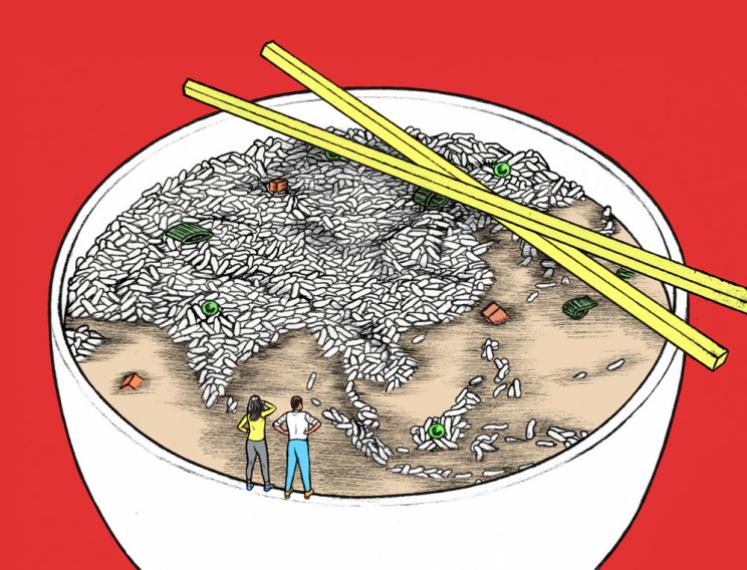Academiegebouw
Broerstraat 5
Groningen
Nederland
Where are the Women DJs?
Male acts like Skrillex and Tiesto are headlining Electronic Dance Music-festivals around the world. Female DJs and music producers are rare exceptions. Why?
The DJ stands at a juncture of technology, performance and culture in the increasingly uncertain climate of the popular music industry, functioning both as pioneer of musical taste and gatekeeper of the music industry. Together with promoters, producers, video jockeys (VJs) and other professionals in dance music scenes, DJs have pushed forward music techniques and technological developments in the last few decades. However, regardless of genre or time period, female DJs are underrepresented. For instance, in 2011 DJ Mag listed zero female DJs in its yearly ‘Top 100 DJs’! On the average, there are only around 10% all female acts at festivals, labels and clubs. Thus, male acts like Skrillex and Tiesto are headlining Electronic Dance Music-festivals around the world. Female DJs and music producers are rare exceptions. To obtain the status of a ‘good’ DJ and/or music producer importantly includes competence in the latest music production equipment and software. However, achieving such technological mastery does not appear as ‘natural’ when it comes to female DJs due to the symbolic association between masculinity and technology in society and in EDM scenes. Thus for men, technological mastery enhances masculinity – for women, the same activities break gender codes and are considered un-feminine.
Building upon 75 interviews and empirical material from electronic dance music scenes in Berlin, London, Vienna and Stockholm, Anna Gavanas and Rosa Reitsamer explored several interconnected reasons for the scarcity of female DJs and music producers in Electronic Dance Music scenes.
Anna Gavanas has a PhD in Social Anthropology from the Linköping University in Sweden. Her publications on electronic music focus on technological change, notions of authenticity and gender. In 2011 she was a guest editor of a special issue on DJ cultures for the international journal Dancecult. She is co-editor of the book DJ Culture in the Mix (2013). Apart from that she is also a vinyl DJ since the late 1990s, a music producer and label manager at Meerkat Recordings. She produces electronic music as Gavanas and as a member of Bass Trolls.
Rosa Reitsamer is Senior Scientist at the Institute of Music Sociology at the University of Music and Performing Arts Vienna, Austria. Her research addresses the question of how agency is achieved in youth cultures and music scenes and how gender and ethnicity are negotiated by cultural producers. Her publications include the monograph Die Do-It-Yourself-Karrieren der DJs. Über die Arbeit in elektronischen Musikszenen (transcript 2013) and various articles, including ‘DJ Technologies, Social Networks and Gendered Trajectories’ in European DJ Cultures’ in the book DJ Culture in the Mix (2013).
Concert
Mulu & Anna Gavanas

Date & time: Thursday 24 April 2014 | 9.45-11.00 p.m (after the lecture)
Location: Café de Uurwerker, Uurwerkersgang 24, Groningen
Admission free

Rapper Mulu and DJ Anna Gavanas will both play a 30 minutes set. Mulu started writing lyrics in Dutch at the age of ten, with a simple but good reason: this rapper from Groningen had a lot to say, and he still does. His remarkable sound and flow will get your attention and have you thinking about social issues like addictions and money. His abstract flow and powerful production style come across live too, just ask anyone who saw his performance in the finals of the big Dutch competition, De Grote Prijs van Nederland in 2011. His first EP, De Mulu EP was released in early 2013. Anna Gavana’s new EP ‘Culture Vulture’ preys upon the transgressive forces of electro, hip hop and dancehall. A sonic journey bordering on the bombastic and shameless, with a cheeky twist.
Interesting links
Soundcloud.com - Anna Gavanas
Elektronauts.com - Anna Gavanas
Bloomsbury.com - Book DJ Culture in the Mix
YouTube.com - Mulu: Stilte voor de storm
